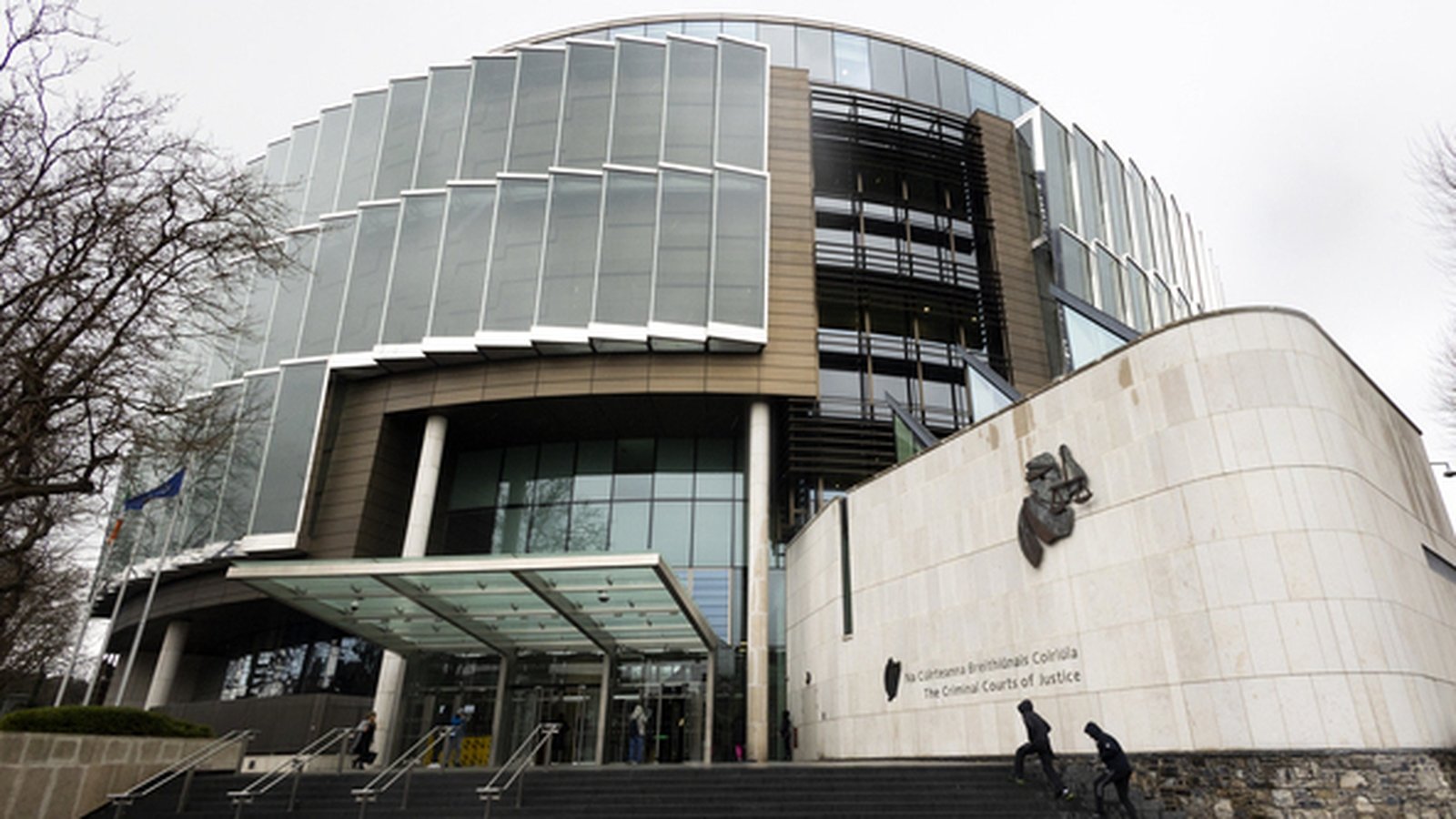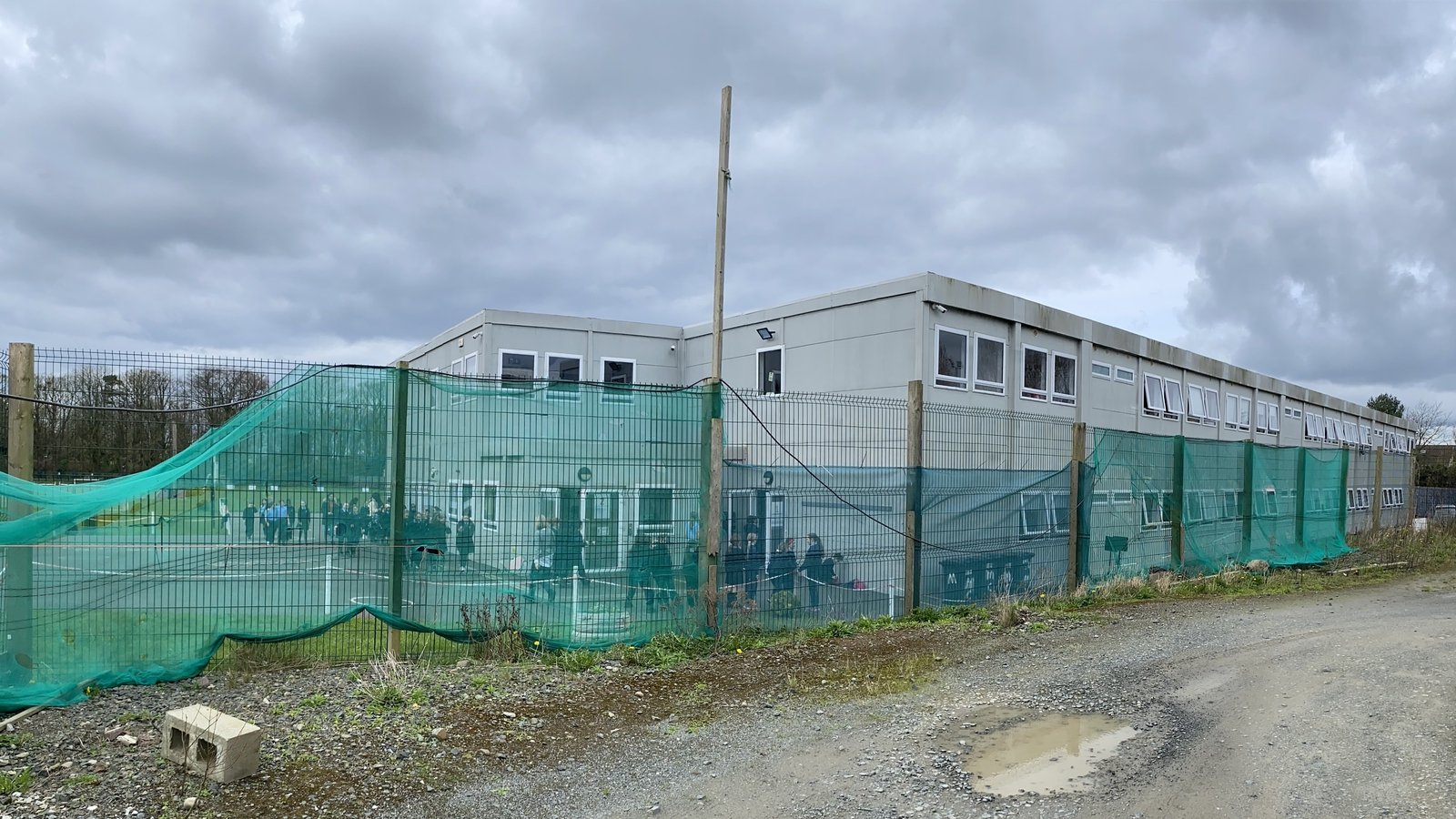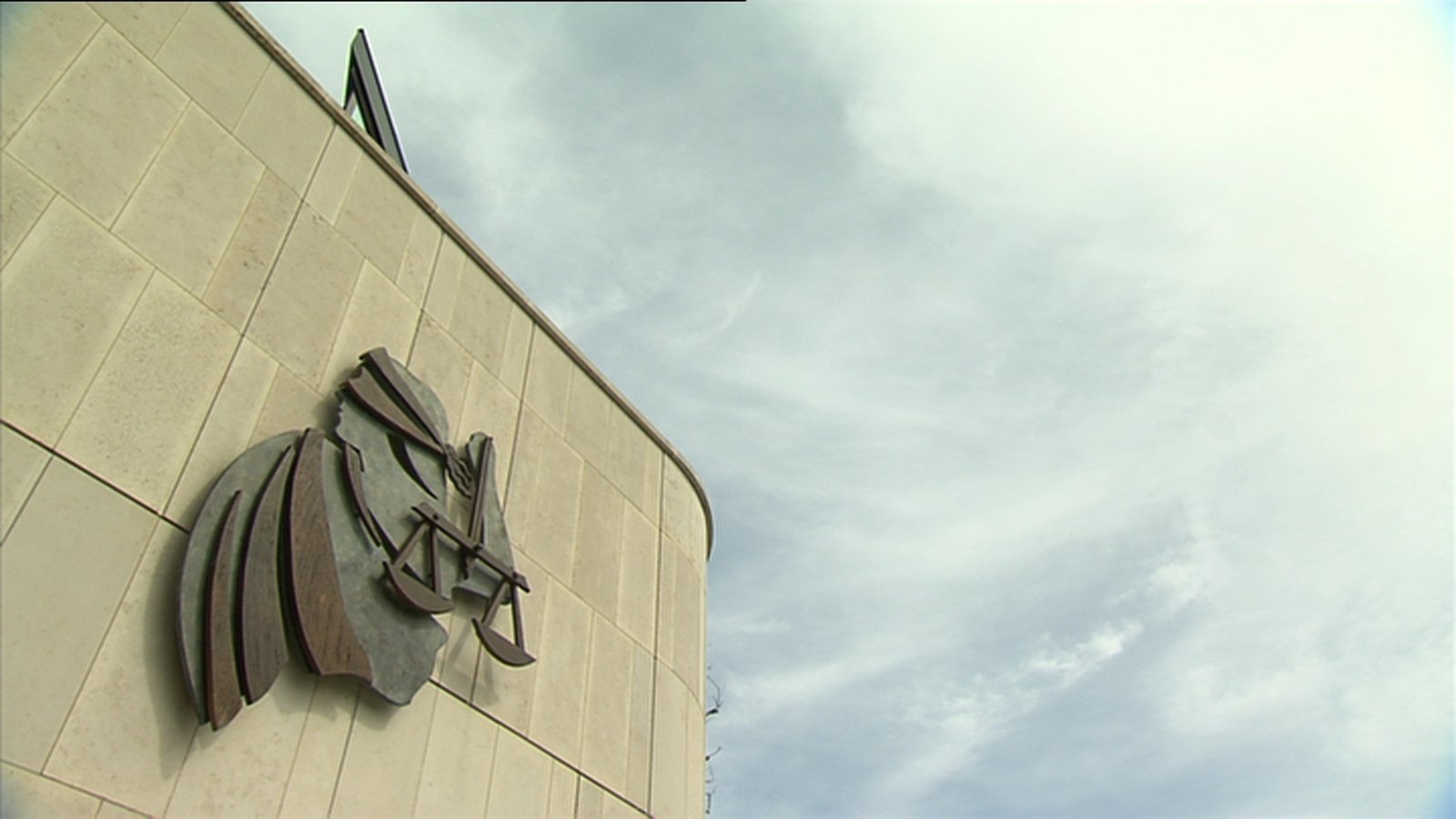Asylum seekers ordered to move out of Leeson Street
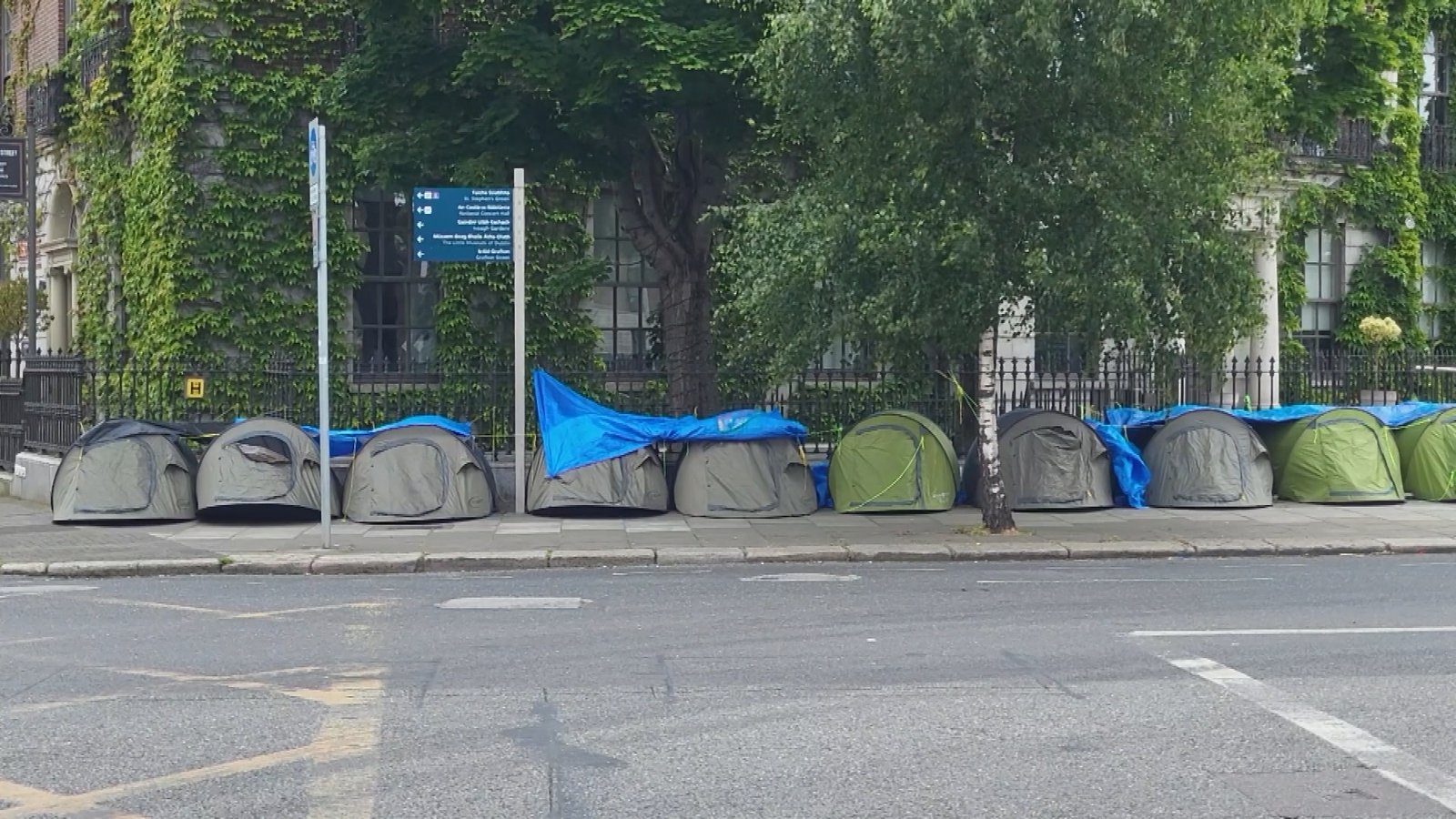
Around 40 asylum seekers sheltering in tents on Leeson Street were ordered to move from the area without any offer of alternative accommodation.
Previous multi-agency operations to remove tents from Mount Street area and the Grand Canal last month saw most of the asylum seekers who were moved on offered accommodation.
However, unlike those operations, today’s was not Government-led.
Dublin City Council confirmed that it “with the support of An Garda Síochána carried out an operation today to remove tents from Leeson Street”.
However, the spokesperson said that “Dublin City Council has no role in accommodating International Protection applicants” and that “Government Information Services or (the International Protection Accommodation Service) IPAS should be contacted on this matter”.
Dublin City Council has erected blue barriers along the railings where the tents were removed.
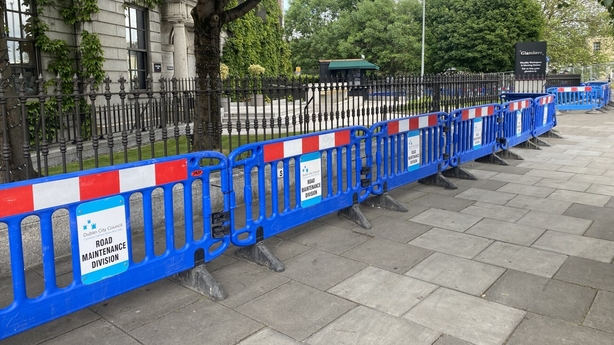
This afternoon around twenty of those who had been moved gathered around the International Protection Office off Mount Street with their belongings.
According to the Department of Integration: “IPAS is in ongoing discussions with NGO partners to extend an outreach response to those applying for international protection who are sleeping rough in Dublin city. The outreach team will identify people and send their details to IPAS. Once a person has been deemed eligible an offer of accommodation will be made, if accommodation is available.”
2,006 asylum seekers awaiting shelter
The latest figures released by the Department of Integration show that the number of unaccommodated International Protection applicants has passed 2,000 for the first time.
There are currently 2,006 male asylum seekers awaiting an offer of State provided shelter.
Volunteer Olivia Headon told RTÉ News that over the last few days those sleeping in tents on Leeson Street have been moved on from one location to another “within a corner of the same street”, but today they were told to leave the area altogether.
Ms Headon said that the men were instructed to go to the International Protection Office, but once there they were advised that there was nothing the staff could do for them.
“On arrival here at the protection office they were told this isn’t the place where you come if you are unaccommodated, that this isn’t the process that should be followed,” Ms Headon said.
Offers to unaccommodated International Protection applicants are currently made by email from IPAS.
A man who identified himself as a Syrian asylum seeker who was staying in one of the tents spoke to RTÉ News outside the International Protection Office.
“Police come, and many people from Dublin City Council, they tell me and my friends to go,” he said.
He said that he asked them: “Where I go?”
“After that they take all tents, and I come here (to the IPO),” he said.
Some of the men were able to remove their tents and take them with them.
“The men are confused, and they are not sure what they’re supposed to do,” Ms Headon said.
She said that this afternoon some of the men pitched tents in a smaller group in Dartmoth Square, but were again moved on.
Since the last large scale multi-agency operation that saw tents removed from the Grand Canal on the 30 May, smaller groups of asylum seekers who pitched tents in locations around the city, including in Herbert Park, in Milltown, and on the quays in the city centre, have been offered accommodation.
Despite this being a larger group, volunteers say they have engaged with gardaí in the hope that the rough sleepers moved from Leeson Street today can be similarly accommodated.
“They do have a list of the men that are here, who were rough sleepers and are seeking accommodation and who don’t know where to go now, so we are hoping that that will lead to accommodation offers, but we don’t know if that will be today, tomorrow, or when, or even at all,” Ms Headon said.
According to the Department of Integration, An Garda Síochána is one of the bodies that can refer rough sleeping asylum seekers for priority accommodation.
Assistant Secretary General at the Department of Integration, David Delaney has said that those “who are referred directly by An Garda Síochána are triaged and accommodated immediately.”
Speaking in the Dáil, Taoiseach Simon Harris said that he would “personally chair a multi-agency meeting on migration” this evening and reiterated that it was his intention to “provide safe shelter and access to sanitation” to asylum seekers.
He was responding to Labour Party leader Ivana Bacik who raised the fact that unaccommodated asylum seekers sleeping in tents had been moved on.

